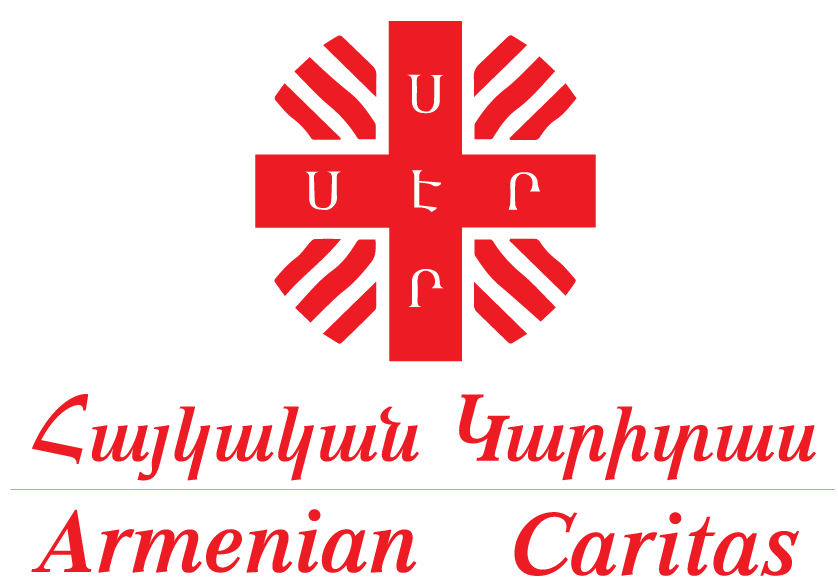12Apr
Volodya, Rima, Anzhela, Nazeli, Mariam, Milena, Arianna, Never, David, Edvard – 6 girls, 4 boys: The eldest is 19 years old, the youngest is 1 year and 8 months old. Despite the social difficulties and problems, the Karapetyans living in Akhuryan are not complaining: their 11th child will be born in a few months.
Trying to introduce the children one by one, the 39-year-old mother hurries to assure that no matter how difficult it is, one child is good but many children are better. Only the eldest of the children is an adult and is currently in military service.
